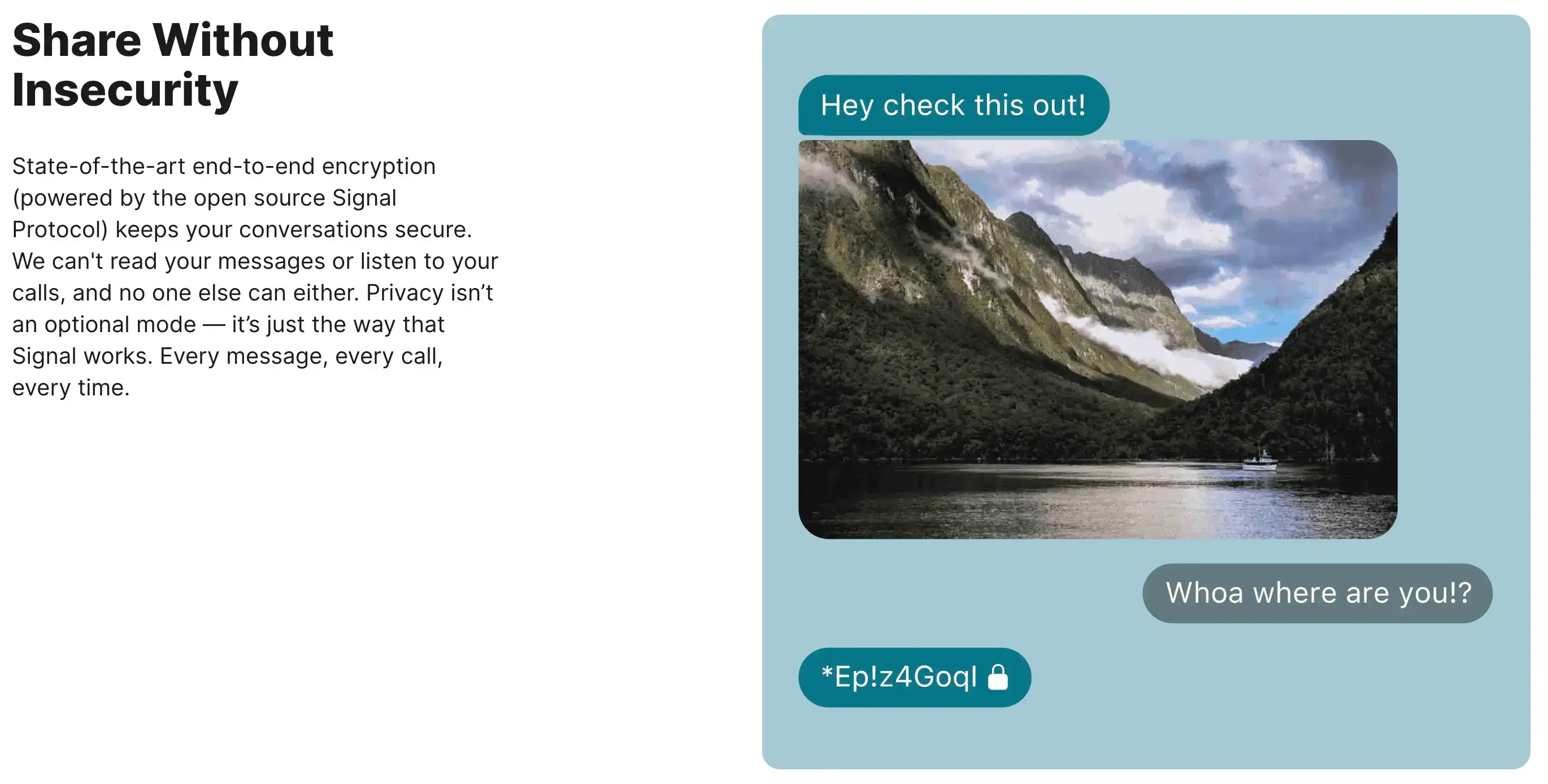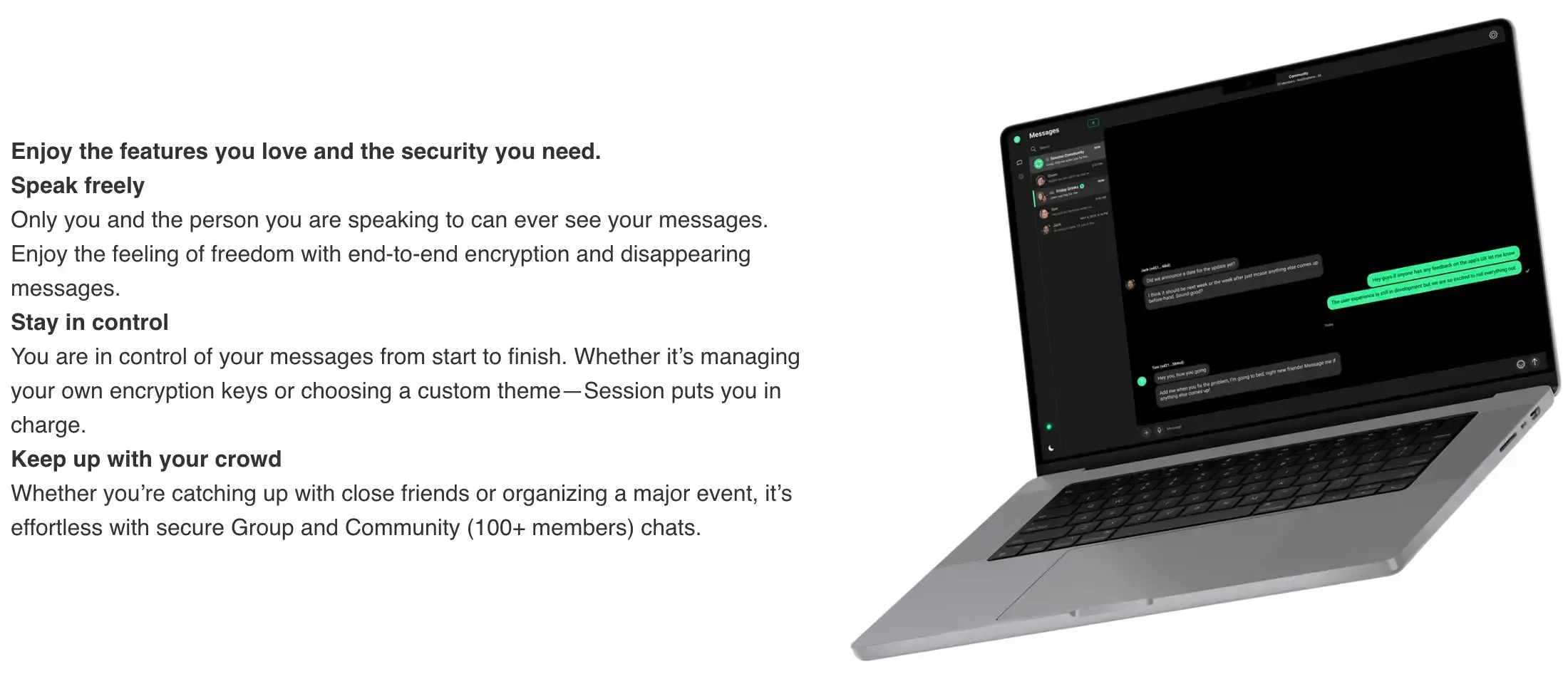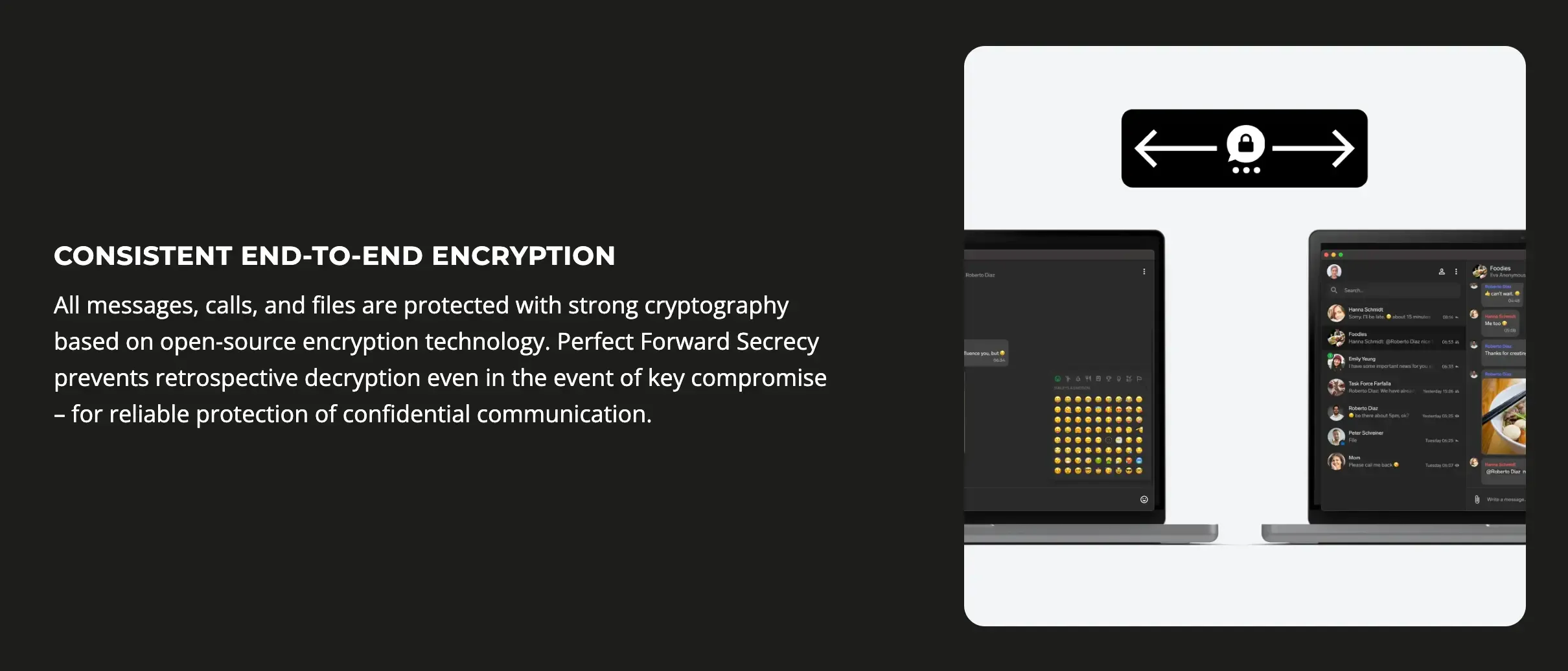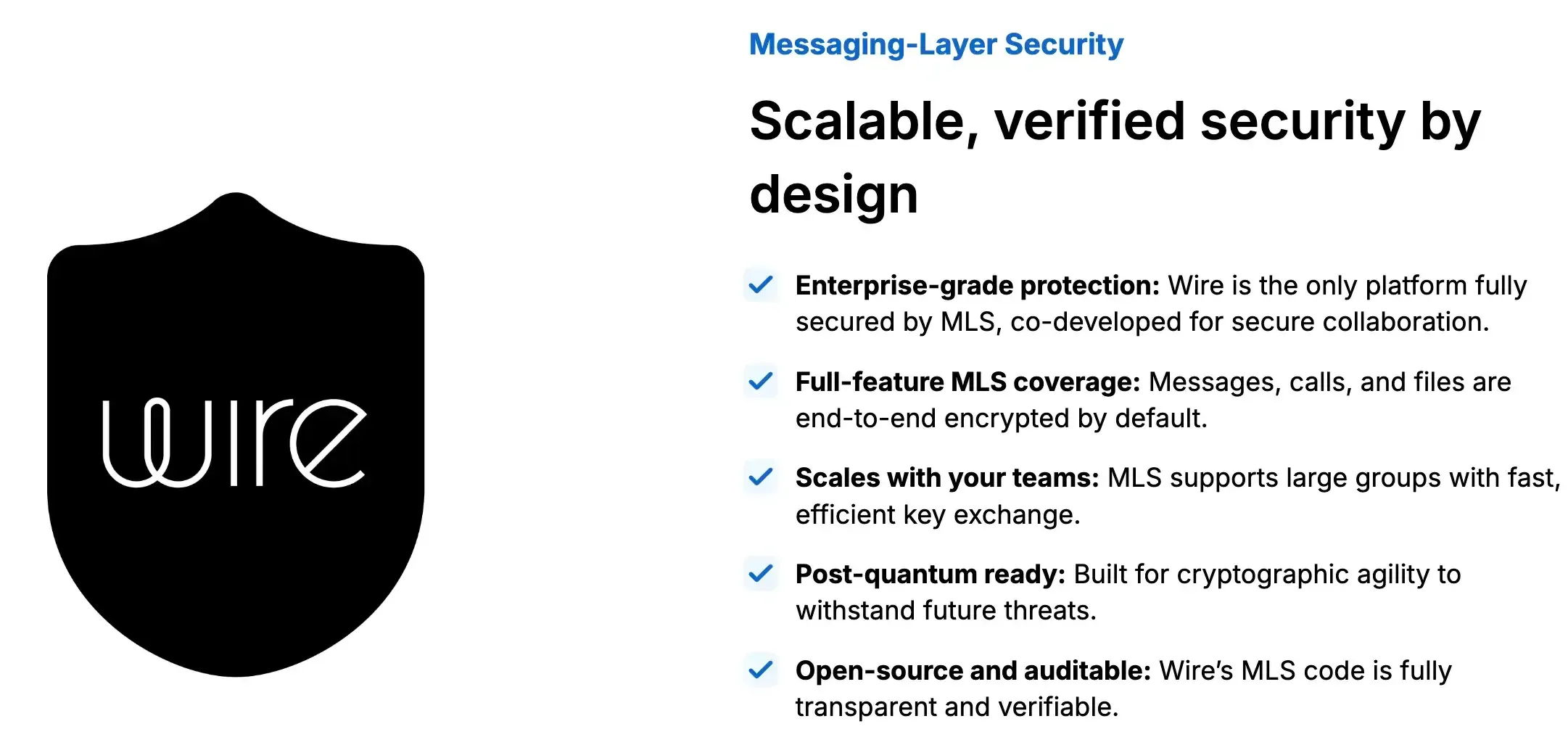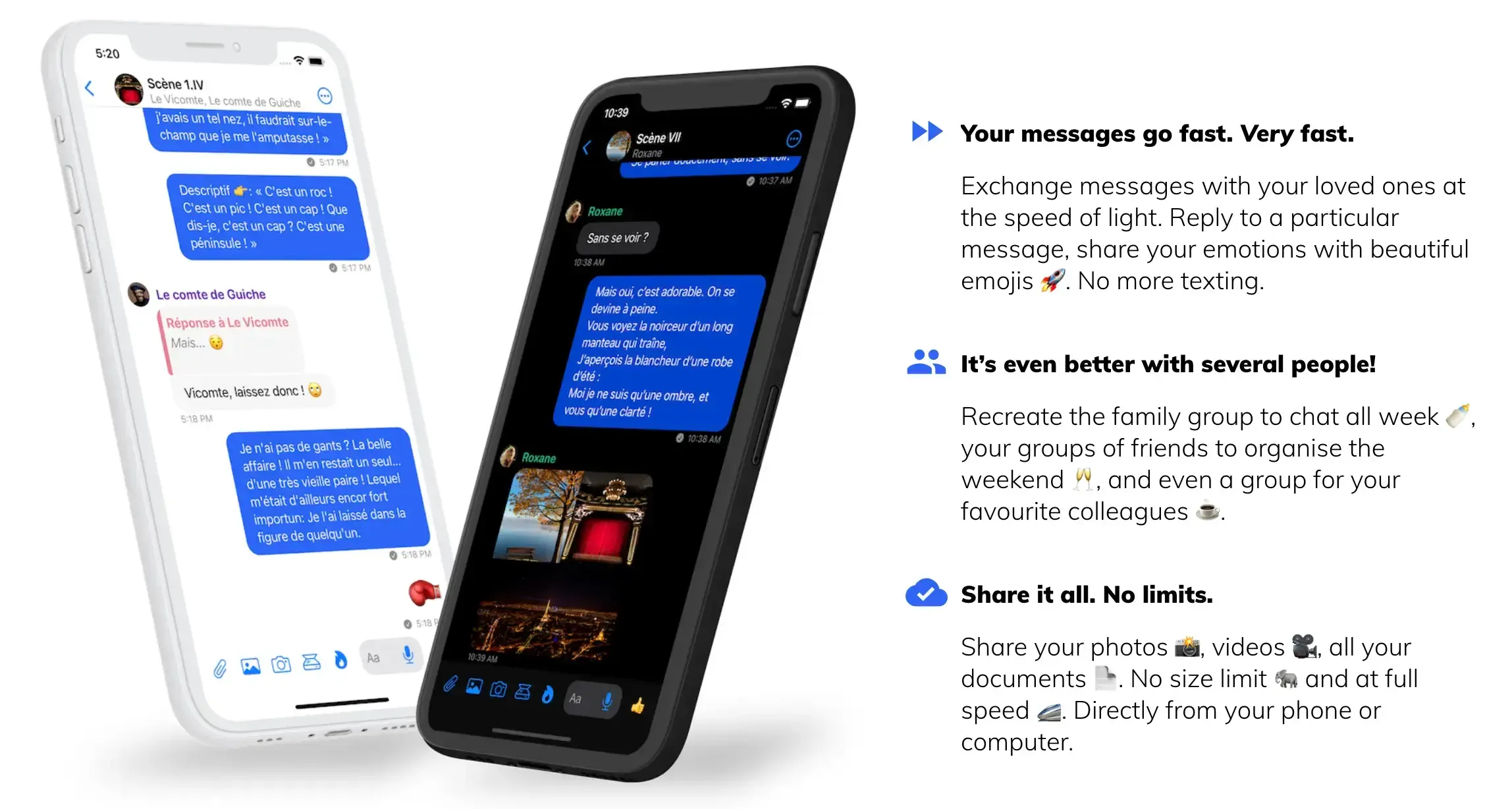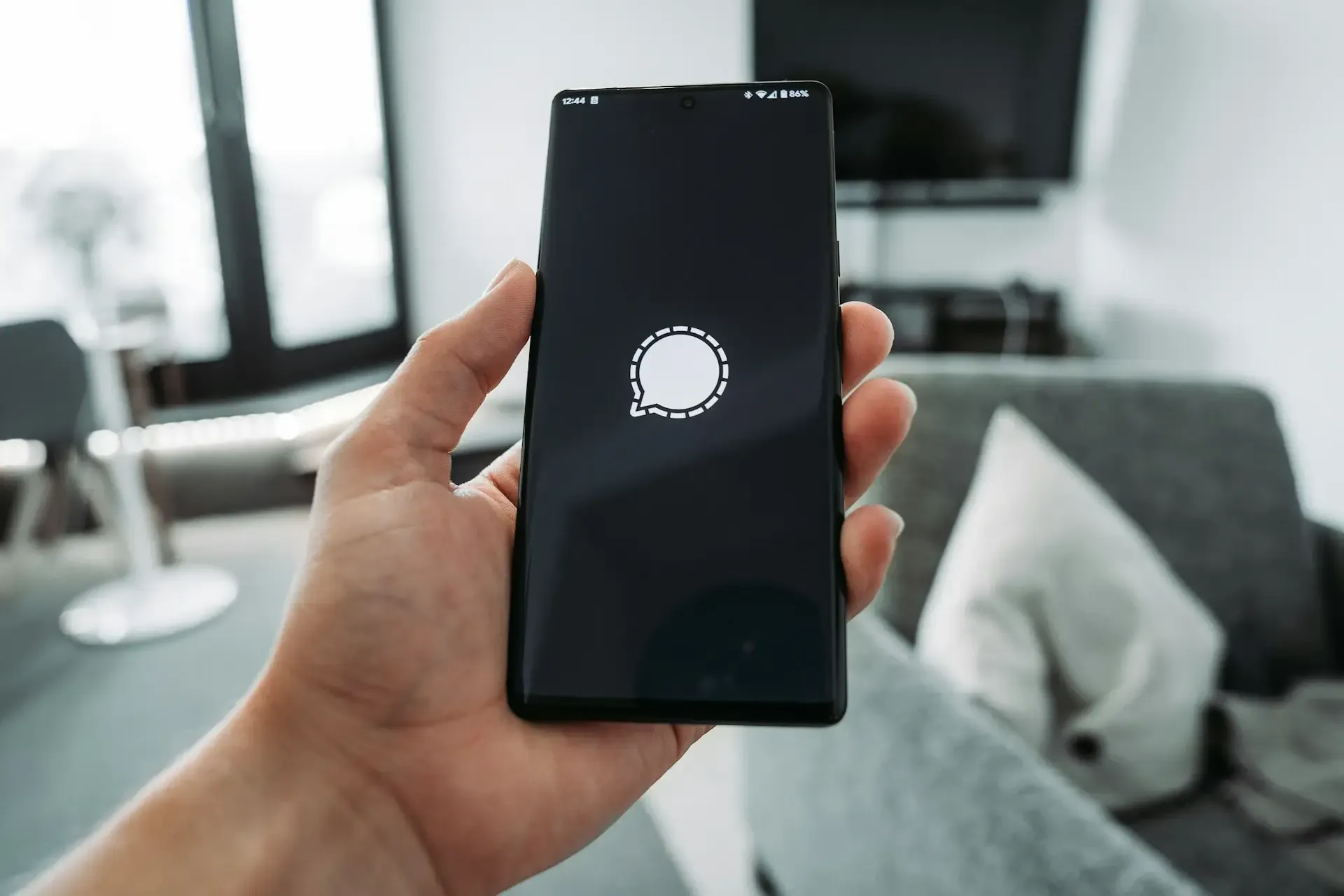Think about it: your private conversations are probably more intimate than anything you’d ever post on social media. Yet, while we worry about likes, shares, and comments, we often forget that the most valuable data we give away freely is hidden in our chats. Messages about family, work, relationships, even finances - all sitting on servers that may or may not protect them.
If you’re done trading convenience for privacy, it’s time to rethink your messaging app. Here are the Top 5 Private Messaging Apps in 2025 that actually respect your privacy, and why each one deserves a spot on your phone.
What to Look for in a Private Messaging App
Before we get to the list, let’s make one thing clear: not every app that calls itself “secure” truly protects your privacy. Some use encryption but still harvest metadata. Others may be free, but trade your data for ads.
Before you choose, here are the key factors that make a messaging app genuinely privacy-friendly:
- End-to-End Encryption (E2EE): Ensures only you and the recipient can read messages - no middleman, not even the app provider.
- Metadata Minimisation: True privacy isn’t just about the message; it’s also about who you talk to, when, and how often. Apps that reduce or avoid storing metadata are safer.
- Open-Source Transparency: An app whose code can be independently audited is far more trustworthy than a closed black box.
- No Unnecessary Data Collection: Requiring your phone number, contacts, or email may feel normal, but the best apps avoid asking for personal identifiers at all.
- Jurisdiction & Legal Protections: Where a company is based matters. Privacy-friendly countries like Switzerland provide stronger legal safeguards compared to those with aggressive surveillance laws.
- Extra Privacy Features: Self-destructing messages, screenshot blocking, offline messaging, and anonymous sign-ups all add layers of protection.


